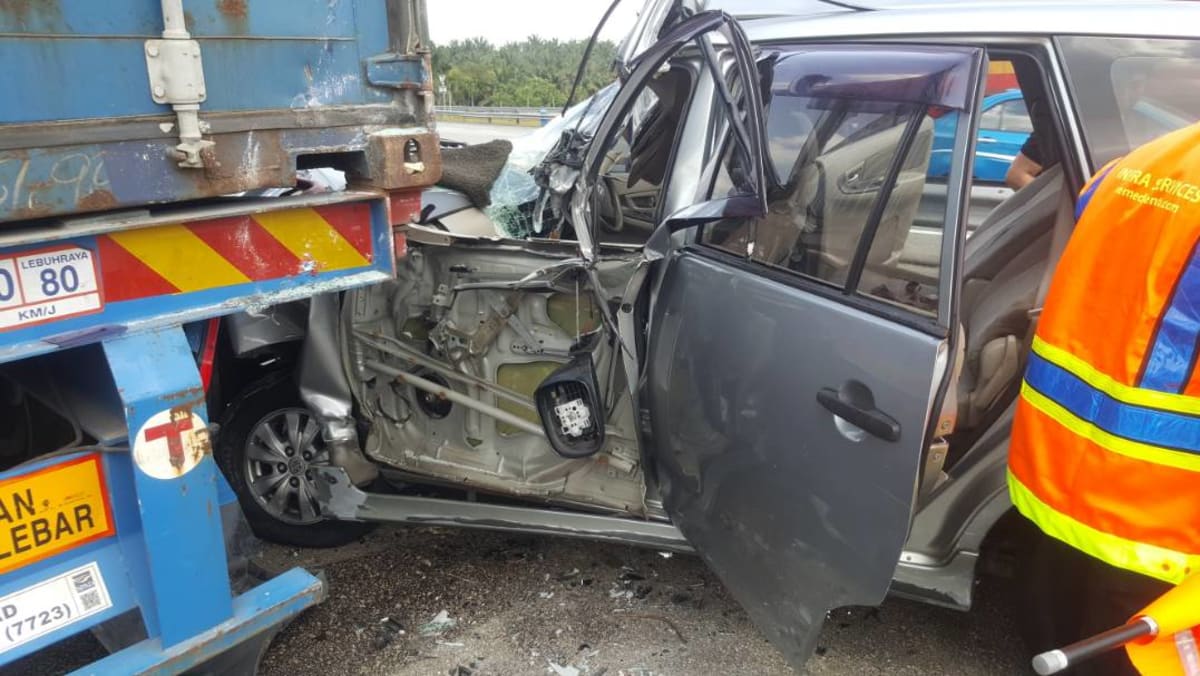What if the driver wasn’t insured – or can’t be found?
Claimants will still get their money in such cases, said Mr Shergill.
In 1975, the Minister for Finance entered into an agreement with all motor insurers, under which the Motor Insurer’s Bureau of Singapore (MIB) will compensate such victims, he pointed out.
“In situations where a policy was issued by a motor insurer but did not cover the particular driver, the motor insurer will satisfy the judgment on behalf of the MIB,” said the lawyer.
“In all other cases, an application may be made directly to the MIB. The MIB cannot be sued in court, but their decisions can be appealed to the Public Trustee.”
That’s a government body with the discretion to administer compensation in motor accident cases.
To ensure claimants can recover their awarded sums, Singapore also has mechanisms to compel payment like garnishee orders (where the claimant gets their money from another party who owes the defendant money), bankruptcy proceedings or enforcement actions through the High Court, said Mr Andy Yeo, partner at Eldan Law.
“The Small Claims Tribunal and the State Courts also provide similar avenues for enforcing payment,” he said, noting that these mechanisms “generally” ensure a high percentage of claimant receive their awarded damages.
Mr Razeen added that claimants can pursue legal action against an uninsured defendant, but said this could complicate the process, as steps may be required to enforce judgments against the defendant’s assets, such as writs of seizure and sale.
How quickly can you get paid?
Once a court awards damages, the timeline for receiving the money can vary, said Mr Razeen.
“If the payment is made by an insurer, it is usually processed and disbursed within a few weeks to a couple of months, depending on the insurer’s procedures and whether there are any appeals,” he said.
“If enforcement actions are required (usually in cases involving uninsured defendants), the process can take several months to over a year, depending on the complexity of the enforcement actions needed,” said Mr Razeen.
Mr Shergill said cases in Singapore typically take anywhere from six months to three years to resolve.
Some may take even longer in scenarios where it takes time for long-term disabilities to emerge; where parties cannot agree on costs and disbursements; or in cases involving overseas accidents or defendants.
This is because permission must be obtained from the court to serve proceedings overseas, said Mr Shergill.
Enforcement proceedings may also have to be initiated against motor insurers or defendants if they do not pay out.
If claimants need funds to tide them over while they’re waiting to receive the damages, they can apply for interim payments to be given upfront and to be offset from the eventual damages, said Mr Shergill.
“To do so, the claimant must establish that the defendant is insured, will be substantially liable, and the advance sought is proportionate to the prospective damages.”
